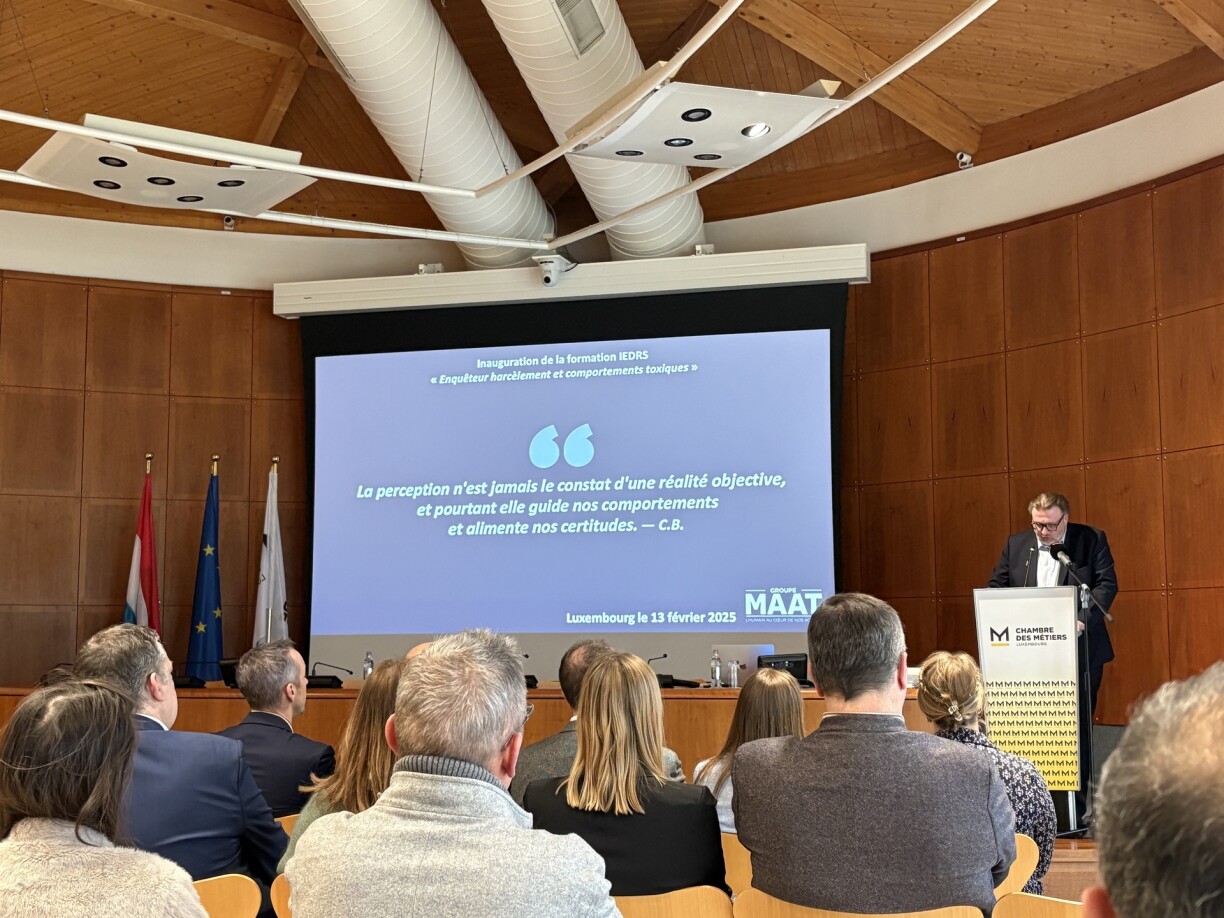
In certain work environments, bullying has become a daily tool to get rid of unwanted employees. A recent study by the International Labour Organisation (ILO) has shown that one in five workers is affected by workplace bullying.
Marc Boly, director of the Inspectorate of Labour and Mines (ITM) weighs in:
“We should consider the fact that society has become more sensitive to the topic. Especially after all the campaigns – in Luxembourg and worldwide –, people have become more aware of bullying”.
However, “we can only evaluate the incidents that have been reported to us”, Boly adds.
Since the 2023 law came into effect, ITM has been responsible for investigating bullying incidents which could not be resolved internally by the concerned companies. There have been 185 complaints, and 145 inquiries have been launched. Notable results from those investigations concluded that 37 complaints did not provide sufficient facts to prove bullying, while 74 inquiries were followed through and handled. In ten cases, ITM had to intervene within the companies, and one particular case needed to be handed over to the prosecutor’s office.
The 2023 law prohibits harassment at the workplace and demands an internal procedure to resolve those issues in-house. However, it is not always easy, confirms Christian Bos from IEDRS, the European Institute for the Development of Social Relations, which offers a new training program for investigating harassment cases.
Bos explains that “there are factual elements and consistent events. A consistent event is, for example, the atmosphere in a company. And that’s very difficult to determine, so we really need to professionalise this job.”
IEDRS intends to achieve that goal by offering a new program for mediator-inquirer in cases of bullying, which was presented to the Chamber of Commerce this week. In 203 hours distributed over five months, employees and external people can learn how to neutrally and impartially investigate harassment accusations in businesses.
Labour Minister Georges Mischo welcomed the initiative. As noted by a Chamber motion from circa two years ago, the minister and the Chamber committee intend to refine the harassment law of 2023.
“Now it’s on me and my team to see how far we can go. Where we can implement changes, to be more modern,” the Labour Minister states.
“This topic is constantly evolving. It cannot be set in stone in 2023 and then not be touched for ten years.”
Recent statistics showed that Luxembourg ranked second-highest in harassment surveys.